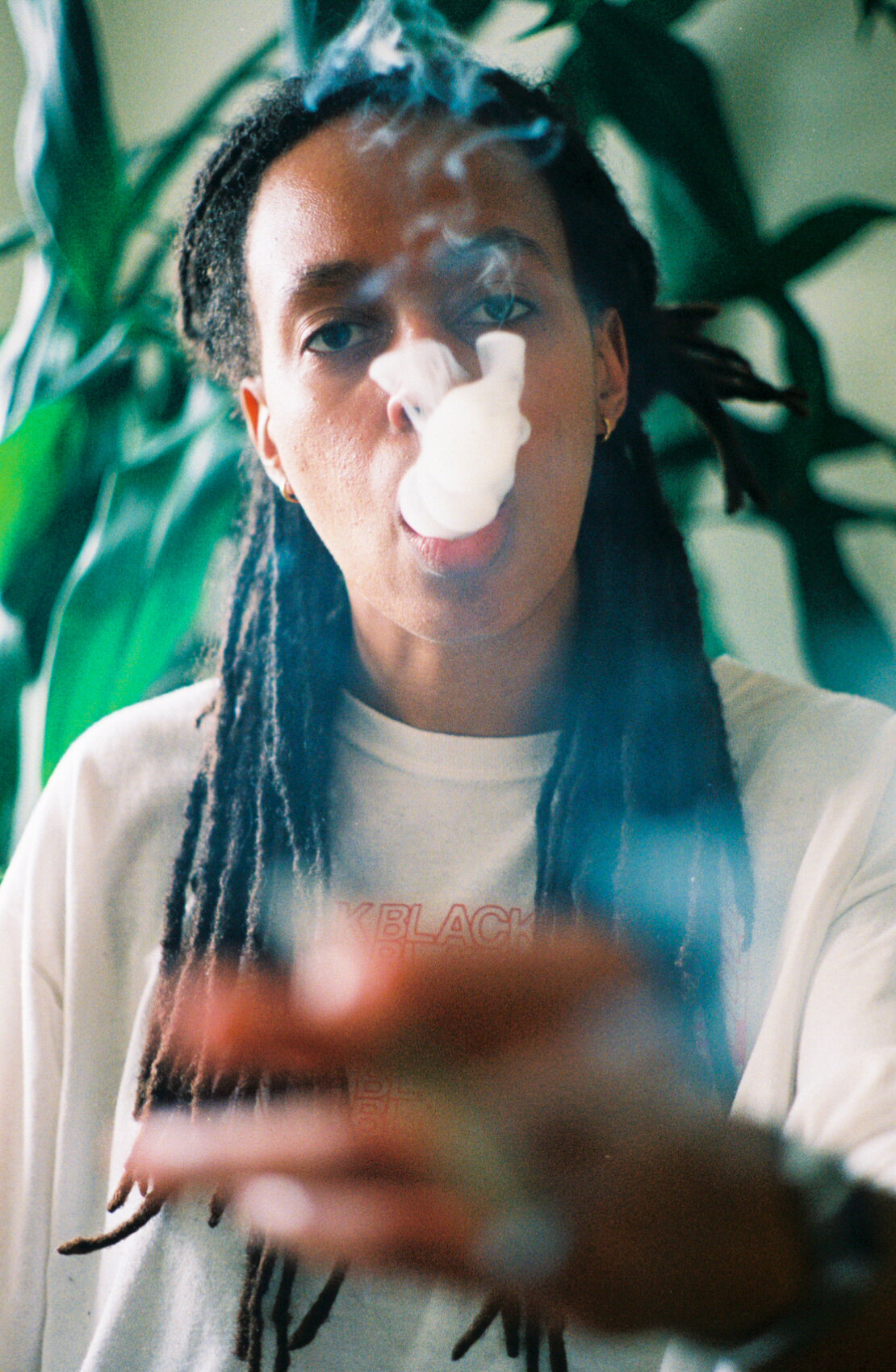Cannabis Prohibition Harms Mental Health – Especially in Black Communities
Photo courtesy of Phresh Ingredient
A broken leg is visible. There is swelling, bruising, and sometimes an awful bending to go along with it.
The healing is visible, too. Your cast tells the world that you’re not quite whole yet and will need more time and help than you did before.
But what if you’re suffering from depression, anxiety, an eating disorder, addiction, or any other psychiatric or psychotic condition?
You’re just crazy. And you need to get over it.
If people see you medicate with cannabis for mental health, they make assumptions.
Even more likely, you may be the harshest critic of your cannabis consumption. That internalized shame is especially persistent if you’re Black.
This Mental Health Awareness Month, we’re exploring the intersection between cannabis legalization and equity within our bodies.
To address the mental health consequences of cannabis criminalization, we’re going to talk about the following:
How Cannabis Prohibition Impacts Mental Health
Imagine being told your entire life that only stoners, potheads, and lazy people smoke weed. That if you try cannabis, you’ll end up on much harder drugs or in prison.
When you start using cannabis to relieve your social anxiety, you keep it hidden. Even more likely, you medicate with prescription drugs. But don’t let anyone catch you walking into a dispensary.
Every year, 128,000 people die from novel prescription drugs. This makes pharmaceuticals (along with strokes) the 4th leading cause of death. Meanwhile, experts agree that cannabis is much less dangerous than most conventional medicines and alcohol. This is the impact of cannabis prohibition on mental health.
Imagine being stopped by the police on your way to work. The officer speaks to and treats you like you’re an unruly animal before arresting you for the half-ounce of weed you had in your trunk.
You miss your work shift, and your boss fires you. You aren’t able to pick up your son from daycare. Now you’re facing legal fees, a criminal case, and questions about your fitness as a parent.
Exposure to the criminal justice system is associated with PTSD and repeated encounters with law enforcement. This is the impact of cannabis prohibition on mental health.
Imagine going through middle and high school while your mother is in federal prison for being a part of an unregulated cannabis operation.
She never put her hands on another person, always took care of the family, and was the center of your world. Now, her relatives talk about her in whispers and with shaking heads. Your classmates call her a drug dealer.
You miss her and love her. You’re sad, angry, and scared. But you’ve got homework to do and a part-time job. Plus, there’s no one to talk to about this. Even if there was, you wouldn’t know what to say.
The children of incarcerated parents are three times as likely to have depression or behavioral problems and two times as likely to have learning disabilities, anxiety, and ADD/ADHD. This is the impact of cannabis prohibition and stigma on mental health.
The Impacts of Poverty on Black Mental Health
Photo courtesy of Jimmy Chan
Cannabis criminalization targets Black people, a fact that remains the same despite widespread legalization. Black people are 3.6 times as likely to be arrested for cannabis possession than white people, even though both groups use weed at equivalent rates.
The natural consequence is resistance to cannabis consumption in Black communities. People have seen their relatives get locked up, their bank accounts empty, and their reputations tarnished. For some people, the thought of using cannabis to heal can be much more frightening than intriguing – especially the generation that grew up during the peak of the drug war.
Unfortunately, this unwillingness to even investigate cannabis as an option separates Black people – a demographic disproportionately likely to have a range of medical conditions – from a medicine that can be less dangerous and more versatile than conventional drug therapies.
But that’s not the only psychological barrier to healing in Black communities.
Structural racism robs Black families of the equitable opportunity to build generational wealth.
The layered weight of slavery, sharecropping, Jim Crow, redlining, and the war on drugs sits on the shoulders of Black Americans today. That weight translates to disproportionate rates of poverty in Black families, and the relationship between poverty and mental health is disturbing:
Poverty may increase the likelihood of mental illness
Poverty can worsen the symptoms of mental illness
Poverty makes the cost of treating mental illness more difficult
On the other hand, mental illness can increase the likelihood of poverty, worsen the experience of poverty, and make the routes out of poverty far less accessible.
As long as cannabis prohibition continues to target Black people, Black communities are more likely to face the economic consequences of cannabis arrests and convictions. That means poverty.
More poverty results in less mental health. Untreated mental illness results in more poverty. The connection between cannabis stigma and criminalization and the degradation of Black mental health is obvious. But we can’t treat it if we won’t see it.
Moving Through Pain to Wholeness
If you’re one of our followers, you’re in the fight for social equity. You’re using your dollars and your vote and your voice. You’re in the Clubhouse rooms, on the forums, in the DMs. You’re reading the books, following the legislation, maybe even starting up your own cannabis hustle.
And we wouldn’t be shocked if you’re carrying burdens few others know about – maybe burdens that you barely understand yourself. And if you’re a woman, BIPOC, LGBTQ+, or some (or all) of the above in the advocacy space, well.
“It’s a lot,” is the only way some of us know how to voice the experience.
Honestly, it’s easier to demand economic justice than to reconcile your own mind, but you won’t be able to fully enjoy financial equity if you ignore your mental illness.
It’s easier to demand that violence against Black bodies ends than to admit the ways we’ve erected Jim Crow barriers in our own minds. The thought that only white people need therapy or that mental wellness is a white thing? That’s segregation, and it’s a lie.
Photo courtesy of Laker
Our brains are a part of our bodies. Violence against our minds is violence against our flesh.
Cannabis prohibition has been a powerful tool of shame, conflating cannabis use with criminality and Blackness, tearing families apart, and creating poverty we’re repeatedly told is escapable if only we had more grit.
Find a therapist, learn about the effects of terpenes and cannabinoids on mental health, and talk to your doctor about your psychological well-being. You’ve got enough grit. Use it to protect your mind.
Disclaimer: The information presented here is not intended to be taken as medical advice. Please consult your healthcare provider before using cannabis as medicine.
Marijuana Matters is a non-profit centering those disadvantaged by the criminalization of marijuana. M2 identifies and eliminates barriers to economic opportunity in the regulated cannabis industry through advocacy, entrepreneurship, and education. Support our work.



